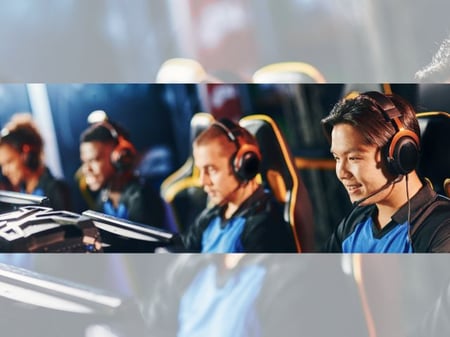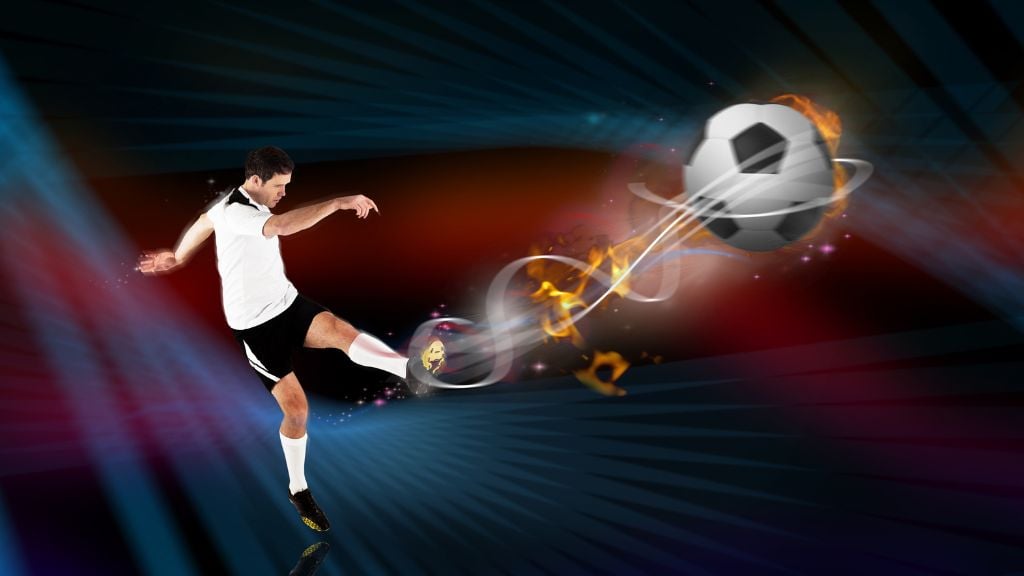Any experienced, whether for physical sports or e-sports, knows well the importance of constant, repeated training to achieve peak performance.
Peak performance is the highest level of performance that an athlete can achieve. It is a state of optimal physical and mental readiness that allows athletes to perform at their best, achieve their goals and win competitions.
Most people know that athletes spend most of their time training physically to hone their skills and maintain optimal physical condition. However, mental training is also important for athletes, and they do spend some time on it to achieve mental readiness.

Here are some ways that athletes train their brain:
- Visualization: athletes imagine themselves performing their skills perfectly. This can help athletes to improve their focus, concentration, and confidence.
- Positive self-talk: athletes use positive affirmations to boost their confidence and motivation. This can help athletes to stay focused and motivated during training and competition.
- Relaxation techniques: deep breathing and meditation, can help athletes to reduce stress and anxiety. This can improve their focus, concentration, and performance.
- Mental imagery: athletes imagine themselves overcoming challenges and achieving their goals. This can help athletes to develop a positive mindset and to stay motivated.
- Biofeedback: athletes use sensors to monitor and track their physiological responses, such as their heart rate and muscle tension. This information can help athletes to learn how to control their physiological responses and to stay calm under pressure. A specific form of biofeedback is neurofeedback where athletes monitor and train their brain’s responses to different stimuli.
Neurofeedback is a type of biofeedback that allows athletes to monitor and train their brain's responses to different stimuli. It is a relatively new mental training technique that has been shown to be effective for improving cognitive function, reducing stress and anxiety, and enhancing performance.
Some athletes known to that have used neurofeedback are the members of the Italian World Soccer Team that won the World Cup in 2006, Olympic Gold Medalist Kathy Kreiner-Phillips, the Canadian Olympic Ski Team, among others.
Innovate: Build that Neurofeedback solution for Sports and e-Sports
If you are a developer or company in the Sports and e-Sports training industry, consider building a neurofeedback solution.
Neurofeedback works by training the brain to regulate its own activity. This can help athletes to improve their focus, concentration, reaction time, and decision-making. Neurofeedback can even help athletes avoid injuries by training the brain to be more aware of the body's position and movements. This can help athletes to avoid making mistakes that could lead to injuries.






Leave a Comment